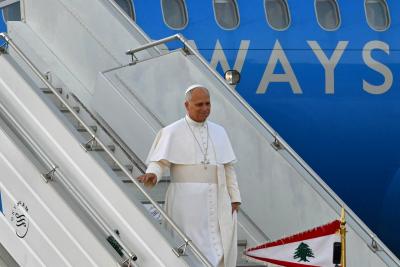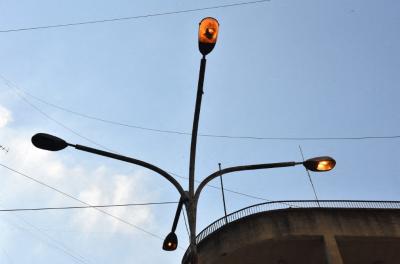France is up against a wall: it must implement budgetary reforms to find tens of billions of euros. The warning isn’t new — since the 1970s, Paris hasn’t had a balanced national budget. The last time France recorded a balanced, or more precisely, a surplus budget was in 1974. That year, the state budget posted a surplus of 8.5 billion francs (around 6.7 billion euros). Since 1975, France has experienced continuous budget deficits every single year — the result of various economic factors such as the first oil shock, the end of the post-war economic boom known as the Trente Glorieuses, (huge economy boom before 1973) and a state that lives well beyond the means of its citizens. Not to mention its social protection system and "welfare state" that has been financially unsustainable for nearly 50 years.
Now in 2025, Bercy — the French Ministry of Finance — is desperately seeking 40 billion euros in savings. What are the most effective measures to achieve this? In the politically fragile Bayrou government, everyone has their own idea. The Budget Minister wants to tackle "tax loopholes" — the French tax system has 467 fiscal loopholes, allowing individuals and businesses to reduce their taxes depending on the sector they invest in, which lowers tax revenues by 25% annually. Bercy wants to eliminate about fifty of them. But is this realistic? No one knows — each government official is floating their own trial balloon.
Finance Minister Éric Lombard wants French retirees to contribute to the national effort by removing the 10% tax deduction on pensions. But across the board, officials warn that raising new taxes in a country already known as the "world champion" in taxation would be economic suicide.
For decades, French political leaders have procrastinated when it comes to curbing the lavish lifestyle of a bloated and bureaucratic state. In this endless cycle of delays, Paris has come up with a new budgetary method to create the illusion that reforms are coming "tomorrow morning." The so-called “BBZ” or “Zero-Based Budgeting” would require each government department to rethink every expense, instead of simply rolling over the same budget year after year. Will this lead to real savings? Can a corporate method be applied to government spending? Elon Musk has already had a bitter experience in the U.S., where business-style management clashed with the realities of a bureaucratic system filled with red tape and hidden traps.
France is drifting, and its public finances resemble a "drunken boat" that hasn’t sailed in calm waters since the 1970s. A country so eager to lecture the rest of the world ought to take a hard look in the mirror. Its European neighbors are pulling ahead: Meloni’s Italy has restored fiscal order, Spain has cut its public deficit to 2.8%, and Portugal is running a budget surplus.
Has France become Europe’s underachiever? Can it reboot after the 2027 presidential election? The feeling of decline in France is no longer just a perception — it’s a reality.
ERE
Please post your comments on:
comment@alsafanews.com
 Politics
Politics














